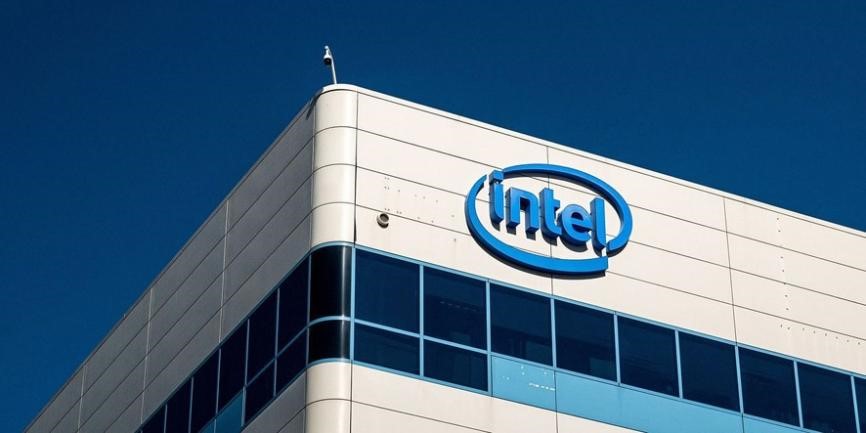In the global semiconductor industry map, Magdeburg, the capital of Germany's Saxony-Anhalt state, was expected to become Intel's wafer manufacturing center in Europe. However, this huge investment project worth 30 billion euros is now shrouded in uncertainty. From the slow arrival of EU subsidies, the unexpected discovery of archaeological remains, to Intel's own financial pressure, a series of factors have made this landmark project, once regarded as Germany's semiconductor ambition, enter a crossroads of anxiety and "Plan B".
Background and current status of the project
Intel's Magdeburg fab project, codenamed Fab29, was originally scheduled to start in the first half of 2023 and is expected to adopt the post-Intel 18A process technology, making it one of the most advanced logic foundry fabs in Europe. With a total investment of 30 billion euros, or about 237.044 billion yuan, the project is expected to create thousands of high-tech jobs for the local area and drive the development of related industrial chains.
However, the project did not go well. The first is the slow pace of EU subsidies, which has led to the delay in the start of construction until May 2025. Subsequently, archaeological remains at the construction site were discovered, further delaying the progress of the project. In addition, Intel's recent large-scale cost-cutting plan has also cast a shadow on the sustainability of the project.

Figure: Intel's Germany fab is facing difficulties
Germany political worries and "Plan B"
Faced with the uncertainty of the project, the political circles of Saxony-Anhalt in Germany began to feel worried and began to prepare a "plan B". Eva von Angern, chairman of the Left Party parliamentary group in the state legislature, criticized the state government for risking millions of euros without solid guarantees. The state government said it plans to sell the land to other businesses with strong interest if Intel abandons the project.
This change not only reflects the concerns of local governments about the prospects of the project, but also exposes the game and risks between local governments and international enterprises in the global industrial layout. In this game, local governments are often in a weak position and face huge financial and political risks.
The economic and strategic significance of the project
From an economic point of view, the implementation of Intel's Magdeburg fab project is of great significance for promoting local economic development and creating jobs. From a strategic point of view, the construction of this project will contribute to the competitiveness of Germany and even Europe as a whole in the global semiconductor industry.
However, the delay and uncertainty of the project have also sparked discussions about the effectiveness of government subsidies. Clemens Fuest, director of the Germany IFO Institute for Economic Research, pointed out that Germany has limited benefits from billions of dollars in subsidies because Intel and other chipmakers will only produce locally, not research and development activities.
The competitive landscape of the global semiconductor industry
In the competitive landscape of the global semiconductor industry, the fate of Intel's Magdeburg wafer fab project is also a microcosm of Europe's position in the global semiconductor industry. Europe is facing serious challenges in the face of the rapid development of the semiconductor industry in Asia, especially in Taiwan, Korea and Chinese mainland.
Conclusions and prospects
On the whole, the future of Intel's fab project in Germany is uncertain, which has a profound impact not only on the development of Saxony-Anhalt in Germany, but also on the entire European semiconductor industry. The postponement and uncertainty of the project reflect the complex relationship between local governments and international enterprises in the global industrial layout, as well as the risks and challenges faced by the government in promoting industrial development.
Looking ahead, Germany and European governments need to assess risks more carefully and formulate more rational industrial policies while promoting industrial development. At the same time, it is also necessary to strengthen cooperation with international companies to jointly cope with the fierce competition in the global semiconductor industry. Only in this way can we occupy a place in the map of the global semiconductor industry.






